Pl@ntNet
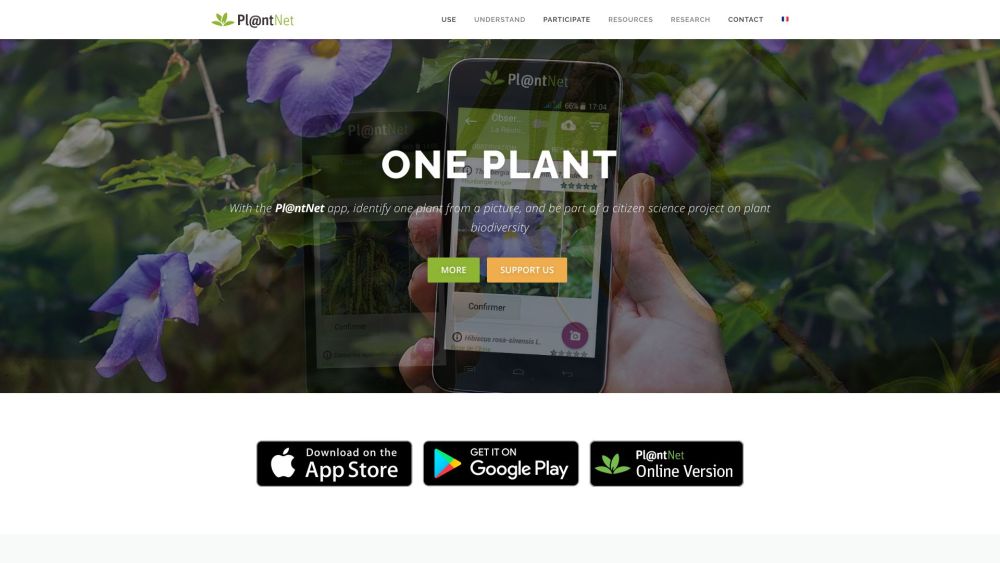
Pl@ntNet is a groundbreaking collaborative platform and mobile application that merges artificial intelligence with citizen science to aid in the identification of plant species and further botanical research. Developed by a consortium of French research organizations, Pl@ntNet empowers users to take photos of plants, which are then identified using AI technology. This project is designed to enhance global understanding of plant biodiversity by encouraging citizens to contribute and share their botanical observations worldwide.
The app utilizes deep learning technology for accurate plant identification, allowing users to submit multiple photos of different plant parts for more precise results. It also features an extensive plant database that provides scientific and common names, along with detailed information about each species. Additionally, Pl@ntNet's collaborative platform enables users to share their observations and participate in the community review of identifications, fostering a collective effort towards botanical knowledge.
Offline functionality is another notable feature, enabling plant identification without an internet connection, making it a versatile tool for various environments. Pl@ntNet is not just an identification tool but a significant contributor to global scientific research on plant biodiversity, offering free access to anyone with a smartphone.
Highlights:
- AI-powered plant identification
- Collaborative platform for community review
- Extensive plant database with detailed information
- Offline functionality
- Multiple photo input for accurate identification
Key Features:
- AI and machine learning for plant recognition
- User-friendly mobile application
- Global plant biodiversity database
- Detailed plant information and common names
- Community-driven observation sharing
Benefits:
- Enhanced botanical research and biodiversity knowledge
- Accessible and free for all users
- Contribution to global scientific data
- Versatile tool for various environments
- Engaging educational resource
Use Cases:
- Nature education and field trips
- Biodiversity research and data collection
- Gardening and plant discovery
- Foraging and herbalism identification
- Conservation management and species tracking

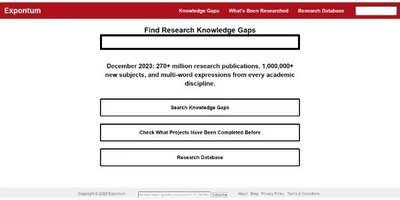
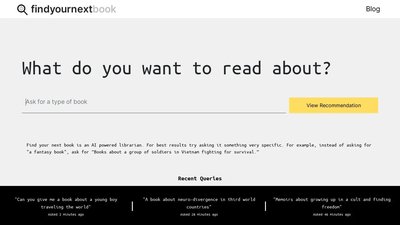

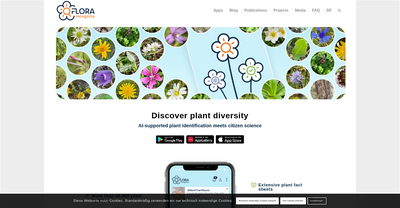
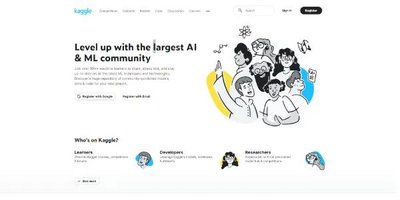
Comments
Please log in to post a comment.